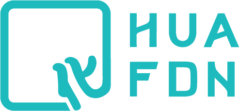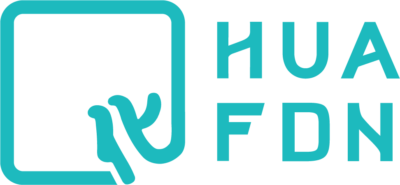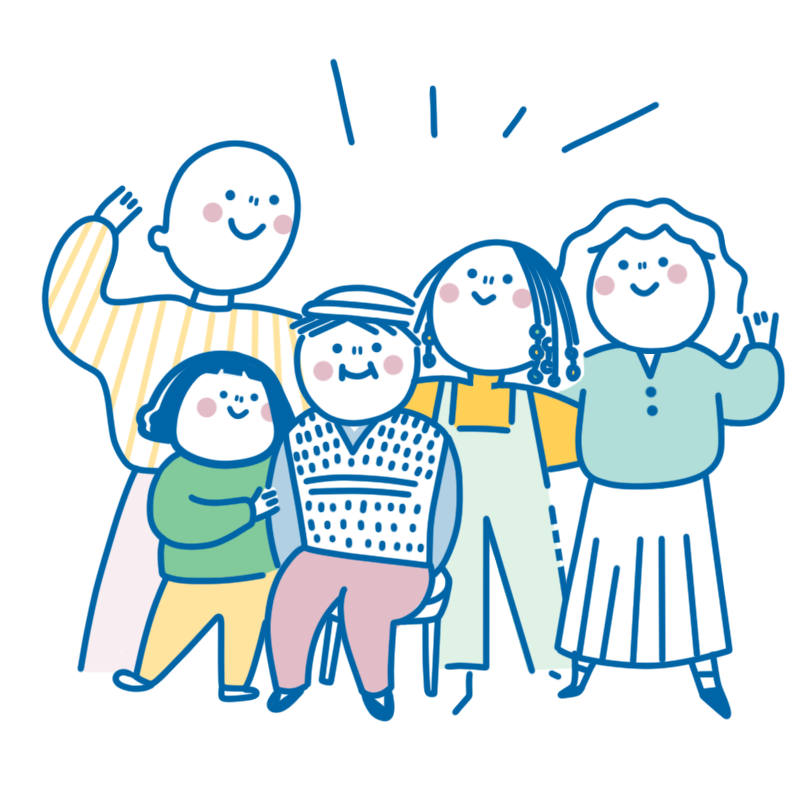This week we’re sharing some reflections from our special projects team, who take on a lot of critical solidarity work, through direct engagement with the community.
These interviews have been edited for clarity and flow.
Alexine Sanchez (she/her), C-19 Response Coalition / c19help.ca
I came into this work without a lot of experience, but I learned a lot, both about advocacy, as well as myself. I didn’t realize there was so much that I could give to the community, and that there were supportive networks when we do contribute.
Recently, a friend of mine asked me for advice about joining in on anti-racism work and civic engagement in [another municipality], so it’s really fitting that we’re reflecting on these questions. If I could give one piece of advice to someone who was interested in taking part in this type of solidarity or community work, it would be to know your capacity and be honest about it. Community work is work, and you have to be prepared for a lot of unexpected things: to be excited, to be disappointed, to be happy.
There is a term in Tagalog [pasan ang mundo], that means ‘carrying the burden of the world’. When you’re really in it, it’s so heavy, and sometimes you think ‘why is everything not working out?’.
While we’re still at a place that isn’t perfect, there have been a lot of improvements to the institutions that we have been lobbying against. Even though there are going to be more frustrations, it still feels like we’ve come a long way, and it’s important for us to take a step back and recognize/think to ourselves: we really did that!
Daphne Tse (she/her), C-19 Response Coalition / c19help.ca
I come from a corporate/business background, which is such a different set of experiences and skills from a lot of the folks I worked with at the hua foundation. Through projects like the C-19 Response Coalition, I’ve learned so much by working with people from different academic backgrounds – who all have such different approaches to solving problems. We’re each trained to look at challenges in a specific way, but at the end of the day, it’s always so energizing to know that what we care about are the same outcomes.
Being able to learn in this space that hua has provided, working side by side with such passionate people has been really enlightening. Because I don’t have the same deep subject matter expertise as the rest of the team, I often find myself asking questions that may feel very basic. But I’ve found that sometimes, when we get stuck in the weeds, revisiting these kinds of questions can help reorient us as a group and rescope what is critical information. Through this, I believe there is a fuller and more inclusive understanding and conclusion that we can arrive at together thanks to our different strengths and backgrounds.
It’s often difficult to see a quick and easily identifiable impact when it comes to tackling the big societal problems that hua foundation does. While it’s difficult to instantly gauge how significant our impact is to the community or audience we are working to serve, every project feels like we are slowly working towards building lessons learned. This includes the carefully built relationships that I know we’ll continue to cultivate further.
In this work, our success might not be entirely based on the same deliverables or metrics a typical company or business might, but the value of connecting with the needs of the community, and slowly but surely working on the gaps previously unmet is inarguably just as important.
Victoria So 蘇美馨 (she/her), Asian Community Convener Project
I came into [the Asian Community Convener] project feeling like I didn’t have a lot of experience, that there might be a better person for the job. As I went into the first few meetings, I would think to myself how everyone else involved in this project is so inspirational to me. While at first I went into it comparing our experiences, as time went on, shifting this approach to learning from each other, and understanding that I don’t need to take their experiences as my own or measure myself up beside them.
As I continued on with the project, I realized how so many of the issues we were discussing connect and intersect with people I know: my family, my friends, and myself. Taking interactions and interviews, and thinking of them instead as conversations was enriching and helped me see my own position in this work.
Thinking about these in a less structured way helped me connect these stories to my own family, and in some ways, understand the experiences of my parents better, and in turn how those shaped me.
For example, my mom grew up in China, and so in the context of where she grew up, her understanding was that being an activist or being involved in advocacy was dangerous. For her, there were fears that all the investments that she and her parents had put into my being here, and their being here could be threatened. That’s been a point of tension for me, as I hold onto these things that I believe in and want to take action on, but also having this background instilled in me from a young age, and how that might have made me feel hesitant to be involved in this type of work initially.
Suki Xiao 七七 (she/her), Asian Community Convener Project
Something that’s been sticking in my mind is questioning the term ‘anti-racism’ – what is its purpose? Who benefits from using that term? Even though racialized activists and community leaders have been doing this anti-racism work, how much of it is shaped by a white-centred framework of racism or anti-racism? Some of the community organizers that I’ve been able to connect with have been actively challenging that notion, or already embody the fundamental values of it, in creating our own ways of doing this work without falling into strict categories.
I like to think that anti-racism is not singular, static, or defined; this work has been about defining it for ourselves, or even being comfortable with not defining it at all.
A big part of my inspiration from this is from my conversation with [a community member] asking the question: we have a definition, but so what?
Of course I think it’s important to name institutional and systemic racism, but in organizing, it’s really about those ongoing processes and relationship building. Personal and interpersonal work —and CARE— matter too. While in some ways this project might provide examples of anti-racism work, it’s more so that this project provides space to not define anti-racism through white supremacy. Instead, to move beyond the specific categories that do no justice to our experience, to show that the work our community does —such as arts and culture, and working through our trauma— is inherently anti-racist. From there, we ask the question, how can we dance the dance better? How can we make this dance more collaborative?
Our communities have been doing this work, but not named as such, and not wanting to engage in that framework is powerful too.
Kathleen Zaragosa (she/her), Asian Community Convener Project
One of the things that I’ve been really grateful for is the kind of ‘sandbox energy’ that we’ve been able to work in. Certain ideas that we developed collaboratively were really fun to work with, and even though there are some rigid boundaries in terms of deliverables, everything else is super malleable.
As members of our own communities, we get the power to shape this work however we feel is best for our community. That is power in itself, and I think that’s pretty rare to come by.
It’s been really nurturing to be in an environment that subverts that idea of research, and also centres the community first.
Even doing presentations as well, it was very much a feeling of being held, even though it was a condensed and very intense conversation. There was so much to connect and try to make sense of, and even in the act of mental untangling, to feel received and to feel heard in the moment, to get that direct emotional feedback felt very important for me. At this point in my life, where I had only just graduated before starting on this project, to step back and transition out of research and academia and to apply skills in this way, outside the rigid systems and structures has been really illuminating for me.
In my academic background, in Cognitive Systems and Linguistics, we’re taught to approach issues in a way that puts the focus on knowledge gaps, but in the actual experience of community, the question that we’re trying to tackle is why the absence is there in the first place. While we still recognize gaps in knowledge or lack of resources, we don’t have to put the focus on that; instead, how can we build from this? It’s not about filling gaps, but how can we actually sustain? I think that’s really the crux of systems change, with it coming from the community and what we really want.


